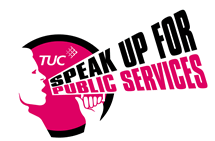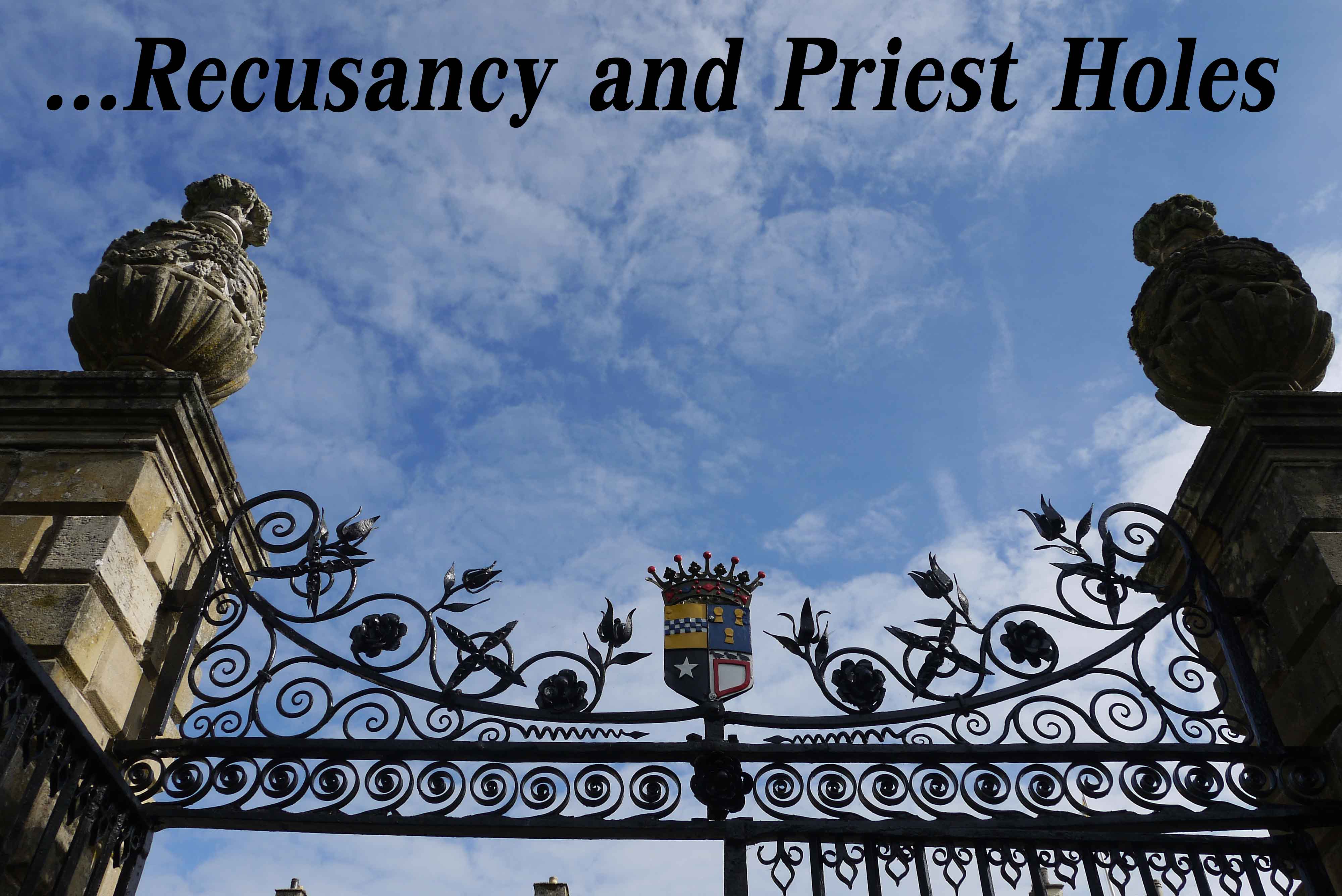 Summary
Summary
While the recession places increased demand on local public services, they are also under mounting pressure to make savings and become more efficient. One suggestion often put forward to tackle the country’s growing debt problem is to outsource or privatise our public services. This pamphlet examines this proposition and attempts to explode some of the myths and misconceptions about privatisation to show that it would cause more problems than solutions.
MYTH 1 During the economic downturn, the best way to save money is to privatise public services
In reality, public money is best kept within the public sector during the downturn.
For every pound of public spending in a local area, this generates an additional 64p. Outsourcing and Public Private Partnerships – often undertaken with large multinational companies – take money out of areas when local economies and communities most need to be supported. Public spending has a stabilising effect, particularly during a recession; privatisation would only undermine this.
MYTH 2 The private sector costs less than the public sector and is more efficient.
In reality, there is no evidence that the private sector is more efficient than the public sector.
Outsourced services are concentrated in a few large firms which dominate the industry and have proved able to earn large profits. PFI projects often go far over budget while contracts are inflexible, binding the public sector into contracts for buildings and services which often later prove unfit for purpose. PPPs and outsourcing are too often the cause of a downward pressure on staff terms and conditions, the fragmentation of services and a divisive effect on public sector ethos.
MYTH 3 Competition is the best way to improve public services
In reality, public services are too important to compete on price.
Public services reduce inequality, promote economic, social, and environmental security. Competition merely leads to a race to the bottom, with providers racing to compete on costs to the detriment of service quality. Competition leads to the fragmentation of services and increased transaction costs, linked to making and monitoring contracts, accounting, auditing, legal services, advertising and shareholders’ profits.
MYTH 4 The private sector is more responsive to service users’ individual needs
In reality, only the public sector can respond to society’s collective needs.
Public services must be subject to democratic accountability and transparency. Privatisation erodes this accountability and treats vital services merely as contracts to be bundled up and sold off.
Myth 5 The public sector has a worse productivity record than the private sector
In reality, public services create public value – but this is hard to measure.
It is notoriously difficult to measure public sector productivity and even harder to compare it to the private sector. An increased class size might appear to show a teacher working more productively, but it is doubtful this would improve the quality of education. Private sector productivity can be assessed by looking at the balance sheet. In the public sector, it is more about public value, with services that respond to the needs of citizens, that are sustainable, provide long-term value for money and are trusted by citizens.
Myth 6 “Back-office” functions can be outsourced without impacting on the front-line
In reality, support functions are just as important as the front-line.
Without “back office function”, frontline workers would not be able to do their job. The NHS would not be able to survive without the people who book appointments, analyse blood tests, process X-rays or make sure staff get their wages on time. A false division is being created between front-line and support services which is fragmenting and damaging vital public services.







